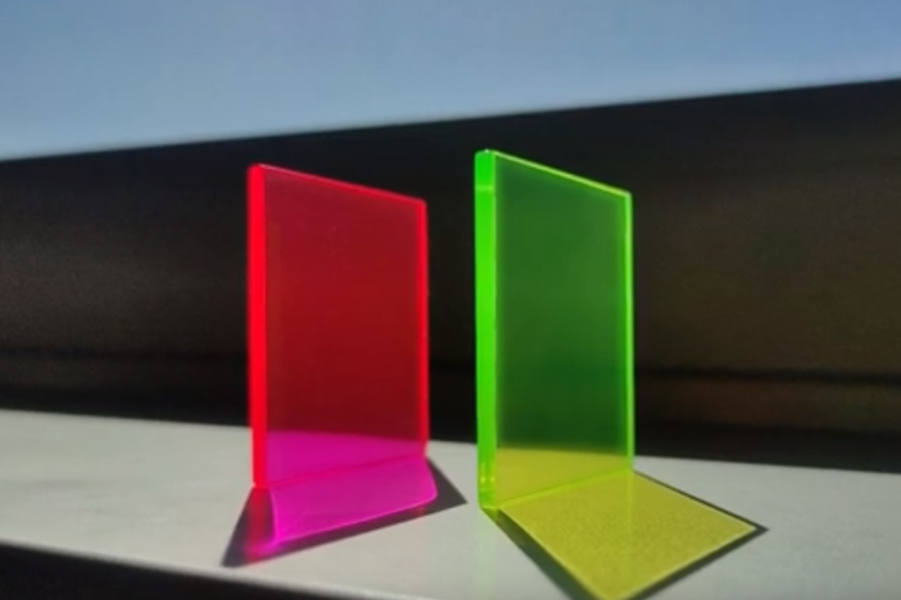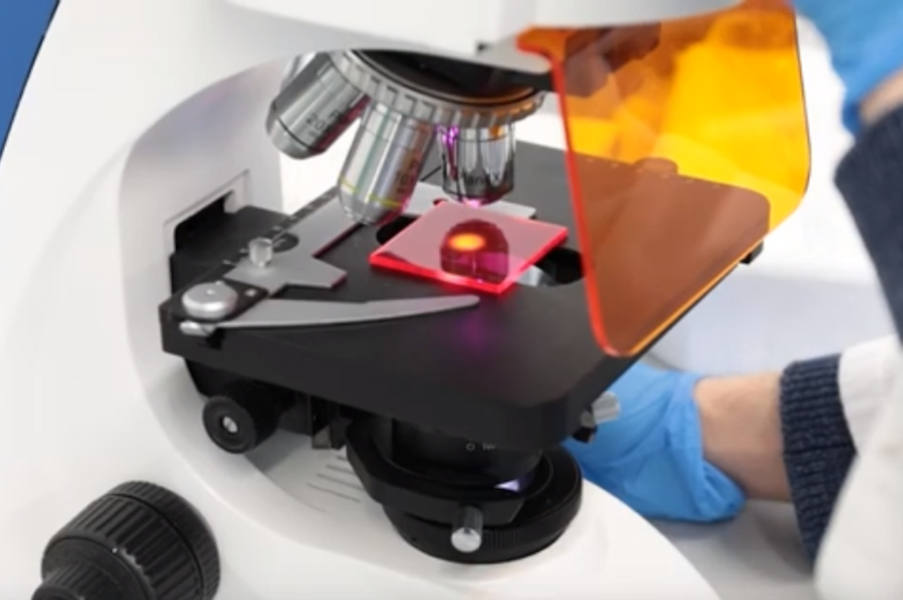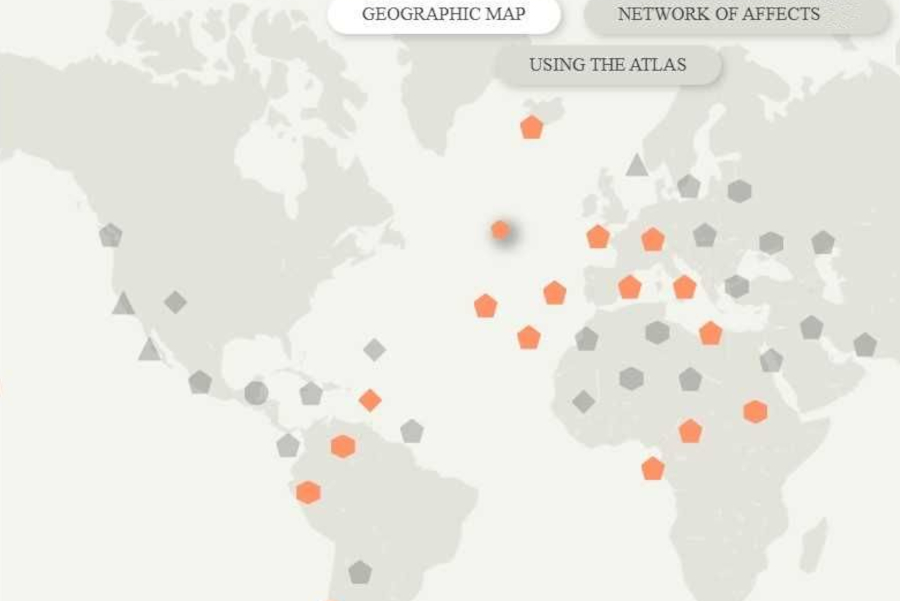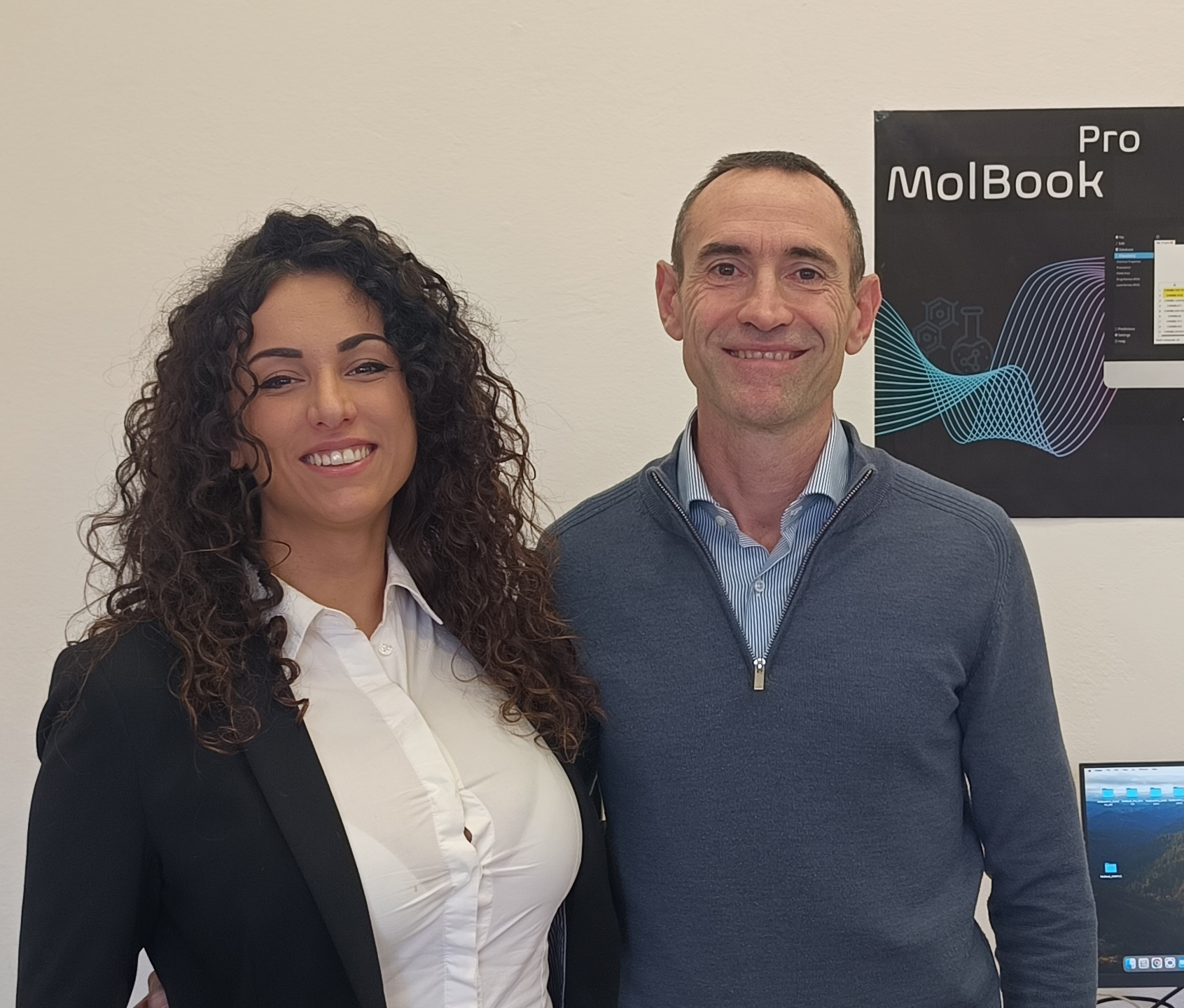
A new project from the University of Pisa is redefining solar energy: instead of using traditional silicon or glass panels, researchers have developed and tested an innovative technology that uses recycled plastic to create solar panels, offering a more sustainable way to harness electricity from the sun. This project focuses on luminescent solar concentrators: transparent and coloured sheets made of acrylic material (PMMA) obtained from regenerated plastic waste, capable of capturing sunlight and directing it towards small photovoltaic modules installed along the edges.
This technology, designed to be integrated into glass panels, canopies, greenhouses, and transparent facades, combines high performance with reduced environmental impact. “We have demonstrated that it is possible to create efficient solar concentrators for photovoltaic panels using regenerated plastic instead of fossil-based raw materials,” explains Professor Andrea Pucci, research coordinator. “Our goal is to bring solar power into cities in a colourful and sustainable way.”

For the first time, the study systematically compared the performance of panels made with virgin acrylic plastic with those obtained from chemical recycling processes. The results showed that, while maintaining the same optical and electrical performance, panels made from recycled plastic can reduce CO₂ emissions by up to 75%. Testing under both controlled laboratory conditions and real-world environments (on sun-exposed roofs and facades) has confirmed the material’s high quality and long-term durability. A first application of this technology was realised in the photovoltaic shelter installed in Livorno in 2023, developed through a project of the University of Pisa funded by the Tuscany Region. However, synthetic acrylic sheets, not recycled ones, were used in this installation.
The study was published in the journal RSC Applied Polymers and was selected by the Royal Society of Chemistry for inclusion in a collection dedicated to the United Nations Sustainable Development Goals. The research was conducted as part of LUCE, a PRIN project funded by the European Union – Next Generation EU, Mission 4 Component 1 CUP I53D23004190006.
At the University of Pisa, the LUCE project involves Professor Pucci, Dr. Marco Carlotti, and young researchers Alberto Picchi and Hanna Pryshchepa, in collaboration with CNR-ICCOM in Florence and the University of Naples Federico II.



